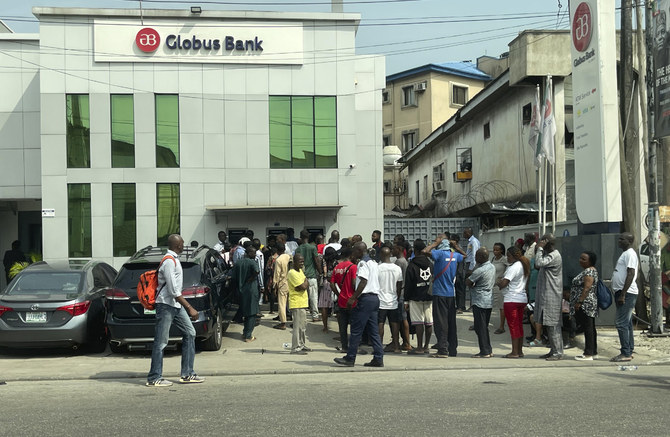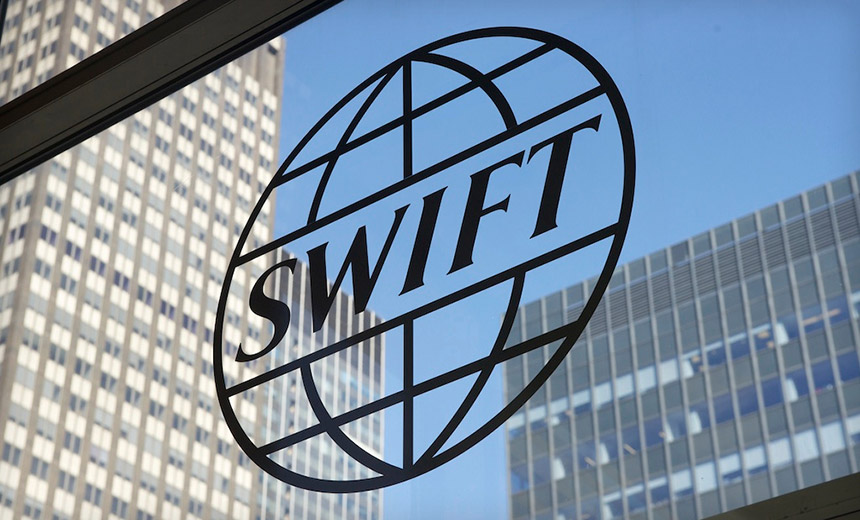Nigeria is no stranger to financial instability and cash shortages. The country has been pushing for a cashless economy to combat corruption and crime, but this has not gone over well with its citizens.
In fact, Nigerians have taken to the streets to protest the government’s implementation of a central bank digital currency (CBDC) and the resulting cash shortage.
Despite incentives offered by the government, including discounts for using the CBDC to pay for cabs, the adoption rate of the digital currency remains abysmal.
Nicholas Anthony, a policy analyst in the Cato Institute’s Center for Monetary and Financial Alternatives, believes that the Nigerian experience is a cautionary tale for other countries considering the adoption of CBDCs. While central banks and policymakers may see them as a solution to a variety of economic problems, citizens may view them as a threat to their financial privacy and freedom.
The protests in Nigeria are not without merit. CBDCs present a substantial risk to financial freedom without providing any unique benefits to consumers. Digital forms of currency are already widely available through debit cards, payment apps, and prepaid cards.
The low adoption rate of the CBDC in Nigeria, where less than 0.5% of Nigerians have used it, is a clear indication that citizens prefer traditional forms of currency. In contrast, more than 50% of Nigerians have used cryptocurrency.
The Nigerian government has attempted to spur adoption through various incentives, but none have proven effective. Instead, the protests suggest that citizens want access to paper money restored.
It is essential that governments and policymakers listen to the concerns of citizens and ensure that any digital currency implementation is done in a way that respects their rights and freedoms.



